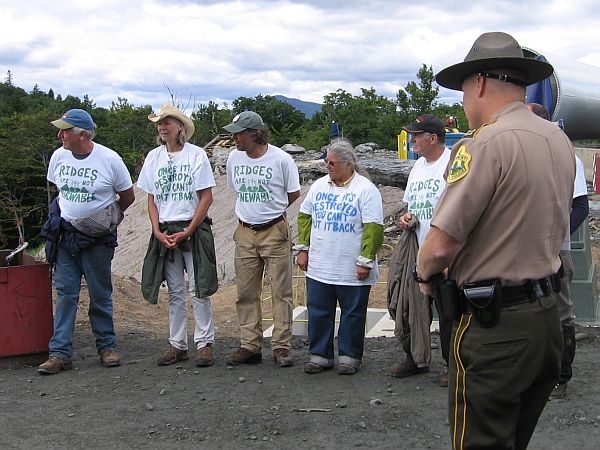Anybody who has tried to do much of anything around here has run into this phrase:
There’s nothing you can do.
I was reminded of that when I read this, from the Economist 12 May 2012, Hope springs a trap,
This hopelessness manifests itself in many ways. One is a sort of pathological conservatism, where people forgo even feasible things with potentially large benefits for fear of losing the little they already possess.
The article expands on that idea:
Development economists have long surmised that some very poor people may remain trapped in poverty because even the largest investments they are able to make, whether eating a few more calories or working a bit harder on their minuscule businesses, are too small to make a big difference. So getting out of poverty seems to require a quantum leap—vastly more food, a modern machine, or an employee to mind the shop. As a result, they often forgo even the small incremental investments of which they are capable: a bit more fertiliser, some more schooling or a small amount of saving.
It may seem that the article is about the poorest of people, but that “pathological conservatism” could as easily apply to the hopelessness many people seem to have about ever getting solar panels on their own roofs, or to attracting enough business to our area to employ our high school and college graduates, or that businesses will ever come to the south side.
Yet the point of the article is that field studies by MIT economist Esther Duflo show Continue reading











